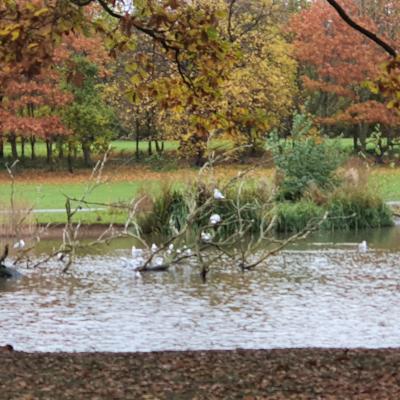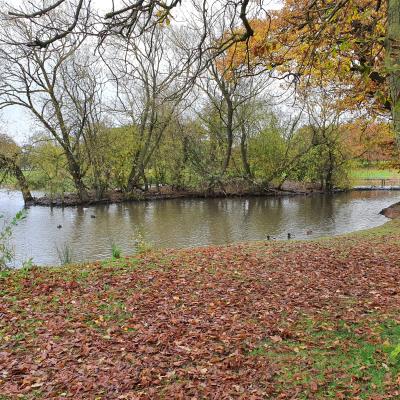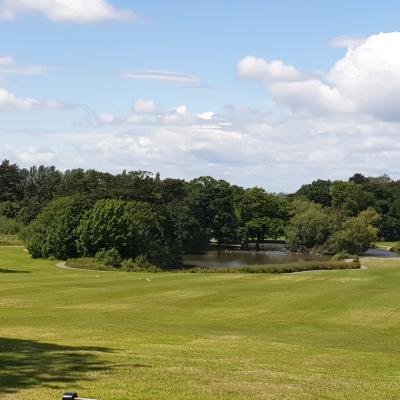Middlesbrough Executive Approves £2.1bn Tees Valley Incinerator Project Amid Environmental and Financial Scrutiny
Middlesbrough’s Labour-led Executive has voted to move forward with the development of a major incinerator facility in Grangetown, following assurances from council officers regarding its financial viability and environmental impact. The decision, made at a full Executive meeting on Wednesday 8 October, marks a pivotal moment in a multi-year regional effort to overhaul waste management infrastructure across the Tees Valley.
The facility, officially named the Tees Valley Energy Recovery Facility, will be designed to process non-recyclable waste from Middlesbrough and neighbouring councils, converting residual materials into energy while reducing reliance on landfill. All five Tees Valley authorities—Middlesbrough, Redcar & Cleveland, Stockton-on-Tees, Hartlepool, and Darlington—are involved in the wider project, alongside additional councils expected to contribute waste under long-term contracts.
According to documents presented at the meeting, the total value of the contract is estimated at £2.1 billion over its operational lifespan. This includes construction, maintenance, and service delivery costs, as well as projected returns from energy generation. Council officers confirmed that the financial model had undergone rigorous scrutiny, with risk mitigation measures in place to protect local budgets and ensure long-term sustainability.
Environmental concerns were also addressed in detail. Officers outlined the facility’s emissions profile, which will be subject to strict regulatory oversight and continuous monitoring. The incinerator will incorporate advanced filtration systems and energy recovery technology, converting waste into electricity while minimising air pollution. The development is expected to meet modern standards for carbon efficiency and contribute to regional energy supply targets.
During the meeting, non-Executive members were invited to raise questions, prompting a broader discussion on recycling rates and contamination levels in Middlesbrough. Several councillors expressed concern that the incinerator could undermine public efforts to recycle, particularly if residents perceive it as a fallback for all waste. Officers responded by emphasising that the facility is intended solely for residual waste—materials that cannot be recycled due to contamination or composition—and that recycling remains a core priority for all participating councils.
Contamination was highlighted as a persistent issue, with some wards reporting high levels of rejected recycling due to improper sorting or inclusion of non-recyclable items. Councillors called for renewed investment in public education campaigns, clearer bin labelling, and improved infrastructure to support residents in making informed choices. There were also calls for greater transparency in how recycling data is collected and reported, with suggestions for ward-level breakdowns and regular public updates.
The Executive’s vote does not mark the final stage of the project. Planning applications, environmental assessments, and community consultations are expected to follow in the coming months. If approvals are secured, construction could begin in late 2026, with the facility projected to be operational by 2029.
Local environmental groups have voiced opposition to the project, citing concerns about emissions, long-term sustainability, and the potential impact on recycling behaviour. Campaigners argue that investment should be directed toward circular economy initiatives, reuse schemes, and upstream waste reduction. Council leaders have acknowledged these concerns and pledged to maintain dialogue with stakeholders throughout the development process.
The Tees Valley Energy Recovery Facility represents one of the largest infrastructure investments in the region’s recent history. Supporters view it as a necessary step toward modernising waste management and reducing environmental harm, while critics warn of unintended consequences and urge a more holistic approach to sustainability.
As the project moves forward, residents across Middlesbrough and the wider Tees Valley will be watching closely to see how their councils balance environmental responsibility with economic pragmatism. The coming years will be critical in shaping the region’s approach to waste, energy, and public trust.








